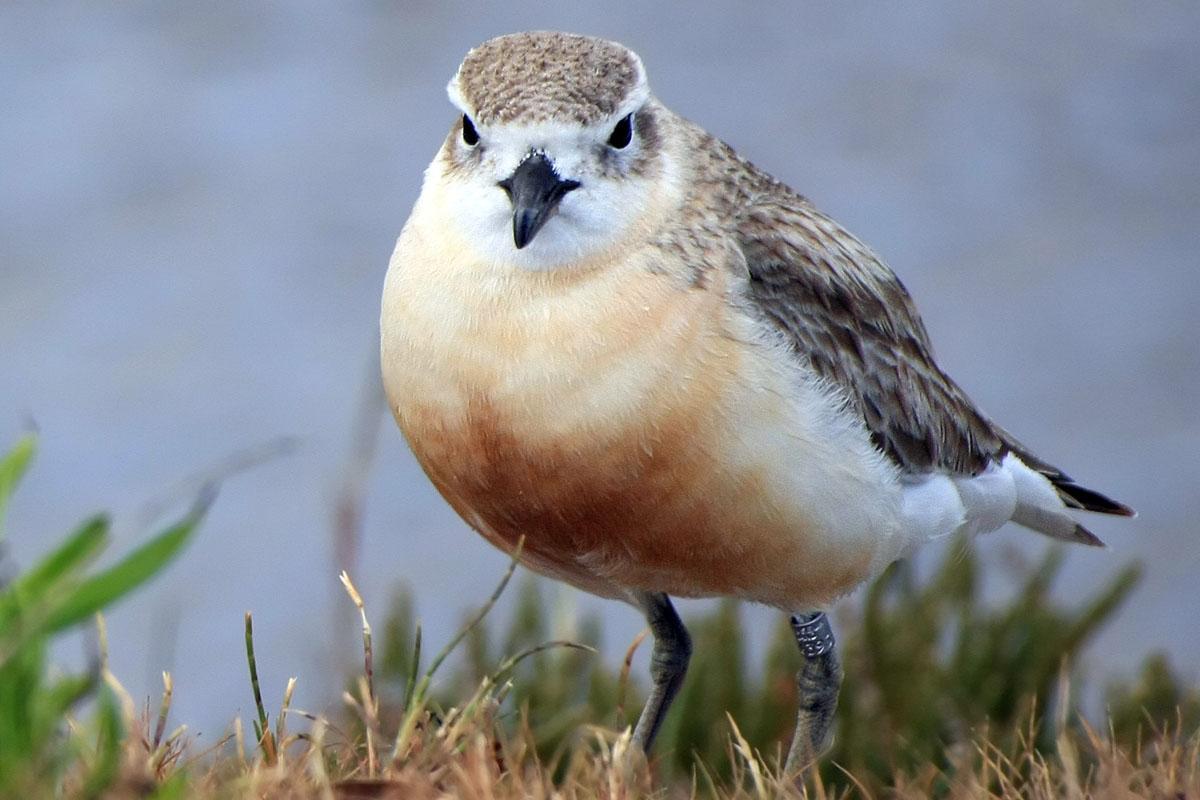Y: Don, New Zealand is an amazing place. It’s an island in the southwestern Pacific that’s been isolated from other land for eighty-five million years. Because of the isolation, it has evolved a unique set of animals dominated by abundant bird species found nowhere else. Over a third are flightless, including New Zealand’s national bird, the kiwi.
D: Wow! That’s amazing.
Y: Yes, but everything changed when humans arrived. The first were the Polynesian Maori about seven hundred years ago, followed by Europeans two to three hundred years ago.
D: Island ecosystems are fragile. I’ll bet humans weren’t a good thing for the native ecology.
Y: They weren’t. About half of all bird species in New Zealand went extinct, due to hunting, introduced species, and changes in land use. About thirty percent of the remaining species are threatened with extinction.
D: Yaël, New Zealand’s birds were the product of millions of years of evolution. Do we know how long it would take the island to recover its previous bird biodiversity if humans left it alone?
Y: Don, in 2019 an international team of researchers published an estimate of this. Using DNA sequences, they generated the most complete evolutionary family tree ever made for New Zealand birds. Then they used a mathematical model called DAISIE. DAISIE is an acronym that stands for Dynamic Assembly of Islands through Speciation, Immigration, and Extinction. Their conclusion is that it would take fifty million years for evolution to recover the number of species lost since humans first arrived in New Zealand.
D: That’s awful. Let’s hope we don’t lose any more.










